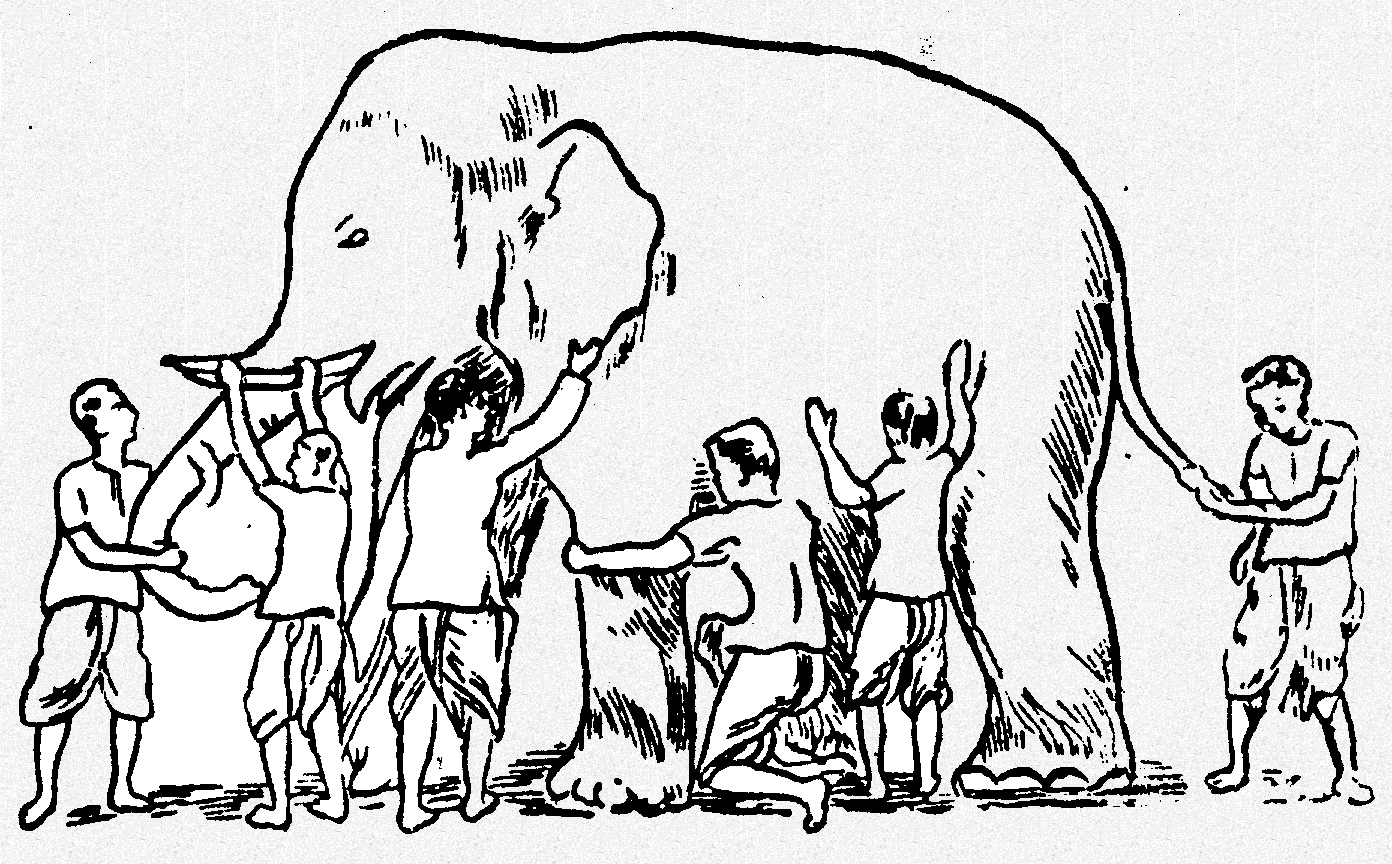My 94 year old father with whom I have always had a rocky, angry relationship recently died. At his memorial service in a small Midwestern town, I had an eye-opening experience. The room was filled with people who talked about how loving and giving my father was. About how humorous he was and how much of a joy he was to have around. “He was always giving,” they said, and doing nice things for others, like volunteering at the local hospital up until 2 days before his death. No one mentioned anything about his anger.
This was not the father I remember growing up with. I saw him as quite self-centered, self-absorbed, distant, moody, and grim. He was not much fun to be around most of the time in my memory. He was often angry and raging to the extent that my mother went around the house to close the windows so the neighbor’s wouldn’t hear his rants and embarrass her. As I remembered him as a child, he had almost zero empathy and very little flexibility in his opinions about things or people. He was often defensive and would not take responsibility for his mistakes.
Back at the memorial service, a local pastor stepped up the podium and make remarks about my father. This pastor had been counseling him for several years. He said that in later years, my dad had had many regrets and misgivings in his life and that he wished he could make up for his shortcomings, especially regarding how he treated his children. He decided to transform his life in later years and be a better person. I recall that he tried to connect with his children (including me) in later years but I could not get past the memory of who he had been and I could not trust that he had truly changed. So, out of anger and hurt I kept my emotional distance. Even in later years, I did not see my father as so many other people did. And, I didn’t realize that so many other people saw him differently than I did. When I was with him, I lived in my perception of him, as he did me.
So, why did I begin this blog with a picture of an elephant with men touching it? Because this picture is connected with an old parable that explains much. Here it is:
The Blind Men Touching The Elephant Parable:
Once upon a time, there lived six blind men in a village. One day the villagers told them, “Hey, there is an elephant in the village today.”
They had no idea what an elephant is. They decided, “Even though we would not be able to see it, let us go and feel it anyway.” All of them went where the elephant was. Everyone of them touched the elephant.
“Hey, the elephant is a pillar,” said the first man who touched his leg.
“Oh, no! it is like a rope,” said the second man who touched the tail.
“Oh, no! it is like a thick branch of a tree,” said the third man who touched the trunk of the elephant.
“It is like a big hand fan” said the fourth man who touched the ear of the elephant.
“It is like a huge wall,” said the fifth man who touched the belly of the elephant.
“It is like a solid pipe,” Said the sixth man who touched the tusk of the elephant.
They began to argue about the elephant and everyone of them insisted that he was right. It looked like they were getting agitated. A wise man was passing by and he saw this. He stopped and asked them, “What is the matter?” They said, “We cannot agree to what the elephant is like.” Each one of them told what he thought the elephant was like. The wise man calmly explained to them, “All of you are right. The reason every one of you is telling it differently is because each one of you touched the different part of the elephant. So, actually the elephant has all those features that you all said.”
“Oh!” everyone said. There was no more fight. They felt happy that they were all right.
The moral of the story is that there may be some truth to what someone says. Sometimes we can see that truth and sometimes not because they may have different perspective which we may not agree with. So, rather than arguing like the blind men, we should say, “Maybe you have your reasons.” This way we don’t get into arguments.
I was very happy that Dad ended his life surrounded by people who who loved him and could see him for what he had become and also accept him for what flaws remained. We should all remember that when we are angry or resentful toward someone for misdeeds or injustices, often our negative feelings are based on our Perceptions of the situation, not necessarily the full reality of the situation. You may have just been feeling the trunk, in our elephant metaphor, but not perceiving the ears or the legs. People are complex; we should try not to rush to judgment and assume that they are only as we see them. They may be much more or much less- or they may have changed over time and we didn’t see it.
So, the lesson here is that we should try never to forget the following:
Perception is your reality. But not necessarily the whole truth.
The result of this kind of thinking will be to lose a lot of that anger. Trust me.



